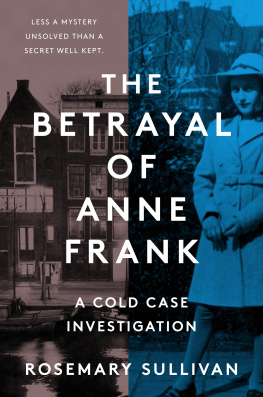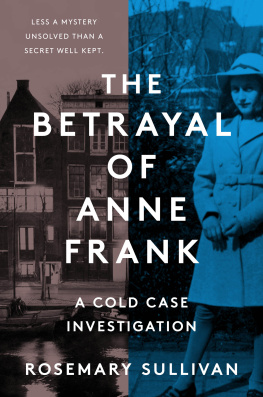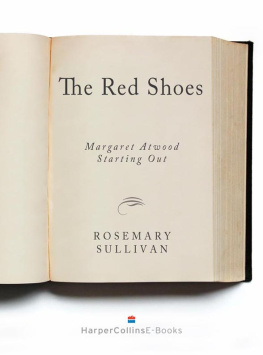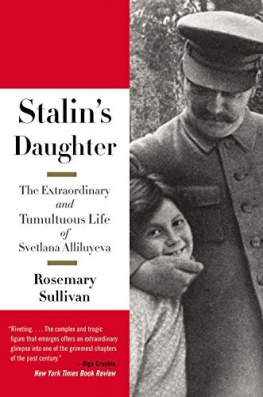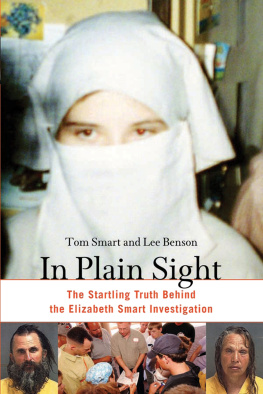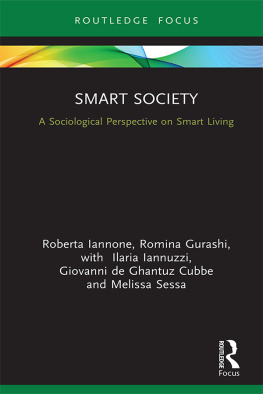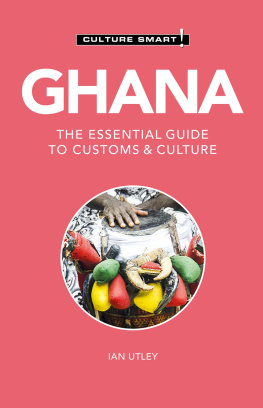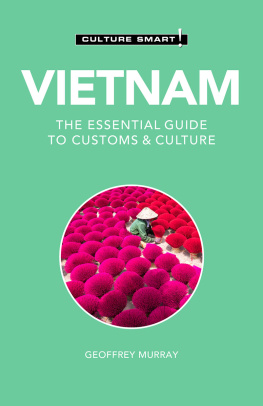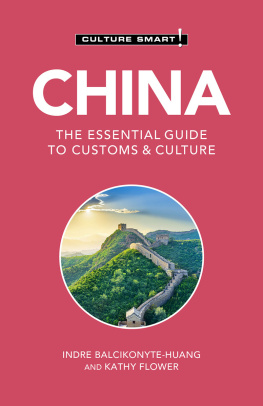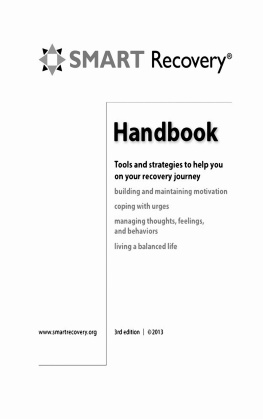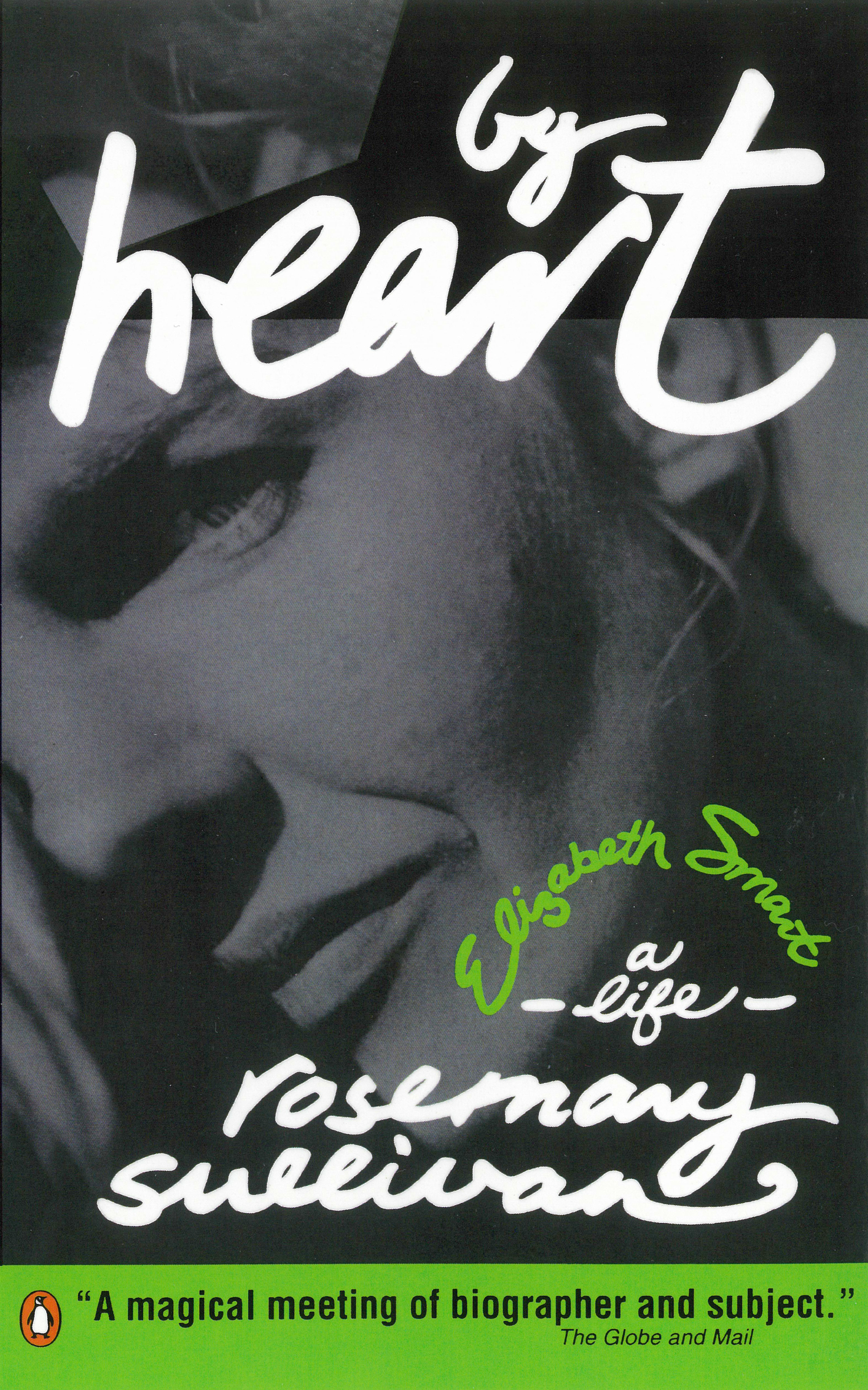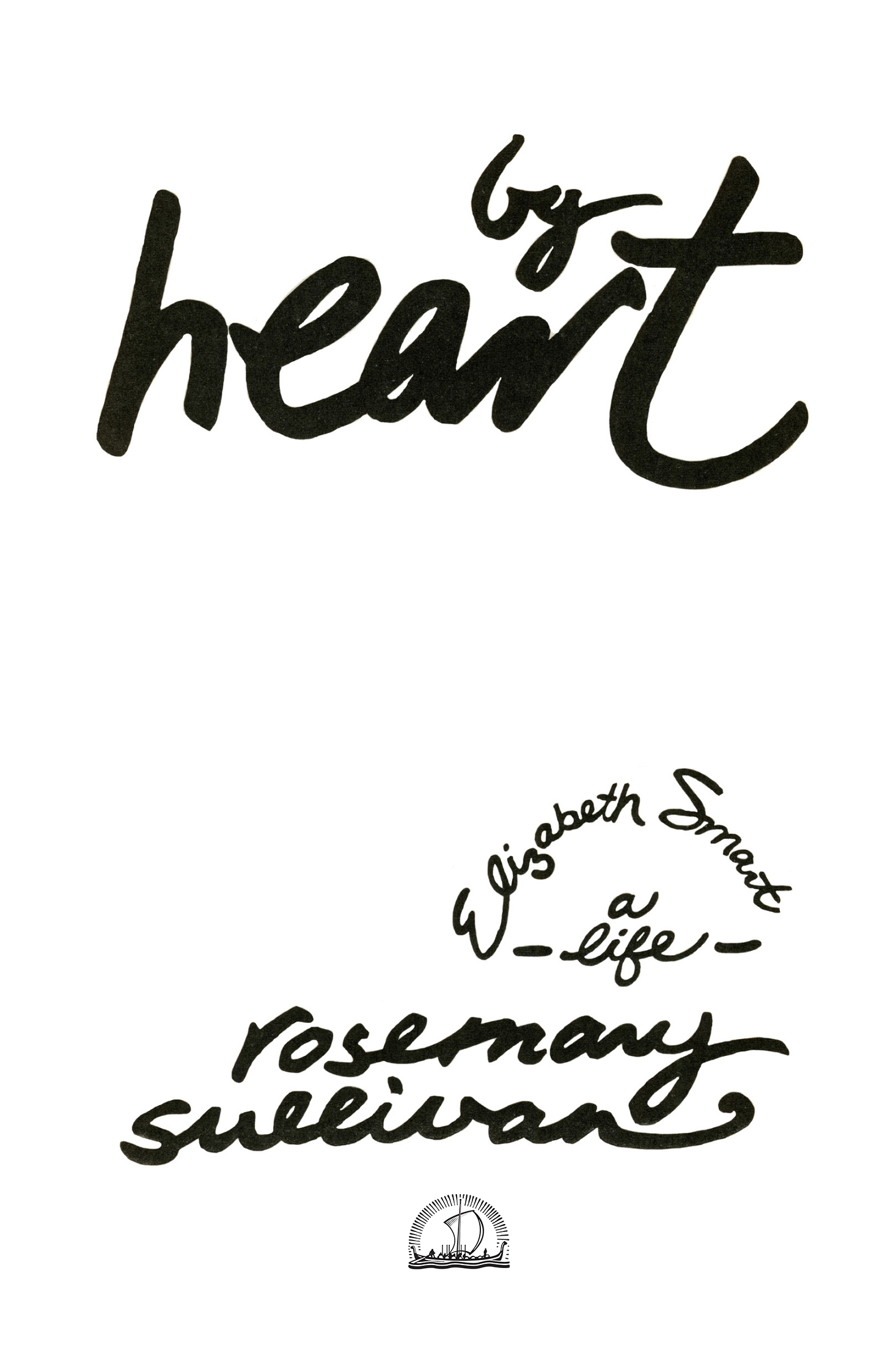Contents
PENGUIN
By Heart
Rosemary Sullivan was born in Montreal where she studied at McGill University. After receiving her Masters degree from the University of Connecticut, she completed her Ph.D. at the University of Sussex. She taught at universities in France, at the University of Victoria and the University of Toronto. Sullivan was the author of a scholarly study of the poetry of Theodore Roethke and two collections of poetry, The Space a Name Makes, which won the Gerald Lampert Award, and Blue Panic. She was the editor of six anthologies of poetry and prose, including the Oxford anthology of Poetry by Canadian Women and has published poetry, literary journalism and travelogues in Canada and the U.S. Her article on Elizabeth Smart in This Magazine won the 1986 Brascan Silver Medal.
VIKING
an imprint of Penguin Canada, a division of Penguin Random House Canada Limited
Canada USA UK Ireland Australia New Zealand India South Africa China
First published in Viking hardcover by Penguin Canada, 1991
Copyright 1991 by Rosemary Sullivan
All rights reserved. Without limiting the rights under copyright reserved above, no part of this publication may be reproduced, stored in or introduced into a retrieval system, or transmitted in any form or by any means (electronic, mechanical, photocopying, recording or otherwise), without the prior written permission of both the copyright owner and the above publisher of this book.
www.penguinrandomhouse.ca
Quotations from George Barker: The Collected Poems, ed. Robert Fraser (London: Faber & Faber, 1987), reprinted with permission of the publisher.
Quotations from The Diary of Anas Nin, Volume Three 1939-1944 and Volume Four 1944-1947, ed. Gunther Stuhlmann (New York: Harcourt Brace Jovanovich, 1971), reprinted with permission of the publisher.
All rights reserved.
LIBRARY AND ARCHIVES CANADA CATALOGUING IN PUBLICATION
Sullivan, Rosemary
By heart: Elizabeth Smart a life
ISBN 9780670826292 (hardcover).ISBN 9780140118209 (paperback).ISBN 9780143198987 (EPUB)
1. Smart, Elizabeth, 1913-1986 Biography.
2. Authors, Canadian (English) 20th century
Biography.* I. Title.
PS8537.M37Z85 1992C813.54C90-095633-X PR9199.3.S564Z85
1992
Cover design by Rose Cowles
v4.1
a
For my parents, Michael Patrick
and Leanore Marjorie Sullivan,
and for my brother, Terry
Contents
Preface
I first met Elizabeth Smart in 1978. After reading her novel By Grand Central Station I Sat Down and Wept, I felt compelled to seek her out. Something about that novel, perhaps its bravery and its essential rawness, made me want to know the author. I travelled to her Suffolk cottage, the Dell, one bleak February weekend. The cottage was beside a gravel pit, which cratered the winter landscape so that it seemed as desolate as the moon: strings of man-made lakes crusted in ice, cranes rising from pits like strange pterodactyls. It was an eccentric, labyrinthine route to find the answer to my question: What had become of this writer, of whom little had been heard since the publication of her first masterpiece? How had she survived the pain of that book?
Elizabeth Smart, in gumboots and shaggy sweater, appeared at her gate to welcome me, and I was struck by the vulnerable, almost childlike figure she presented. Though her face was Audenesque, lined and lived-in, she was as candid and open as her book. Over wine and vodka we became friends. I remember her gestures: fingers threading blonde hair as if raking soil, her exclamations of Good God! in a voice mixed with glee and despair. And I remember her loneliness. When I asked her why there had been a gap of thirty years between the publication of her books, she remarked: I had no place at the literary table. They would speak to me one on one, but I had no place at the table. I discovered that she did not mind my invasion of her privacy. She was pleased to know that people were listening, had heard. After that, I saw Elizabeth Smart a couple of times in London, and then we lost touch, until circumstances brought her back to her native Canada and our friendship resumed.
It never occurred to me in those years that I might come to write Smarts biography. When Catherine Yolles at Penguin Books approached me with the project, after some deliberation I agreed. Though I had known Elizabeth Smart, she remained a conundrum to me. Many accused her of self-absorption in her writing, yet she rarely spoke of herself. Her life remained mysterious. She seemed like an old Proteus, a shape-shifter who slipped through ones fingers and often refused to speak. She had reason, for the essential narrative of the life of Elizabeth Smart was, as I discovered, already there in her writing. She did not need to say more. I have had my vision, she would tell me, and I have only now fully understood that she was not speaking of romantic love, which many have identified as her theme. She was speaking of what she called the law of pain. She would quote Kafka: We need an axe to crack the frozen seas within us. She always insisted on disavowing safety; life was high risk and must be lived to its sharpest edges. She suffered much. In many ways, life had betrayed her expectations; it was messy, unaccommodating. But she never retreated. Smart lived in the moment, often with a wonderful roguish humour.
To thread the narrative of the life through the works has been fascinating. There is a quality of intoxication to Smarts life, as to her writing; she never let go. Her story has many compelling dimensions: she was born into a colonial culture where it was difficult to know how to get started as a writer; into a wealthy family where the expectations imposed on a dutiful daughter were to be a good hostess and marry well; and into a time when men were the writers and women were often muses who came down from their pedestals only to wash the dishes. She had four children and knew how the role assigned the mother emptied the writers ego. She watched the male poet put his writing before any of lifes other claims while her muse lived in a female ghetto. She faced the dilemmas of isolation and silence. And yet what was remarkable about Elizabeth Smart was her rage of will; she bashed on regardless.
If anything, the purpose of this biography is to redress the silence that surrounded Elizabeth Smart. When Smart is known, it is often in association with a vague romantic legend: as a woman who fell in love with a poet, had four children by him without ever having lived with him, and wrote one of the most passionate accounts of romantic love in modern English literature. But the real narrative of her life is more complex and compelling; it has to do with the experience of being a woman artist in the middle of this century. Smart was first and foremost a writer; she had too much respect for art to settle for anything less than the highest ambition. She would say: It takes pain to burn through time, to turn a spot on the wall into the centre of the world, now and hereafter. Smart was often alone with her four children, often in poverty. She found little emotional or moral support for her writing, which, because it was experimental and far ahead of its time, did not receive the attention it deserved. She knew more than most about the pain of self-doubt. But she never regretted the early choices that determined the direction of her life. She could not imagine living without what she called these female experiences, by which she meant love and children. She was fierce in her generosity, as in her disgust with the stingy or the boring, or those who cringed before the price life exacts for living deeply. She refused to make a distinction between her life and her work. She would have been shyly pleased to hear Elspeth Barker, George Barkers last wife, say of her:


